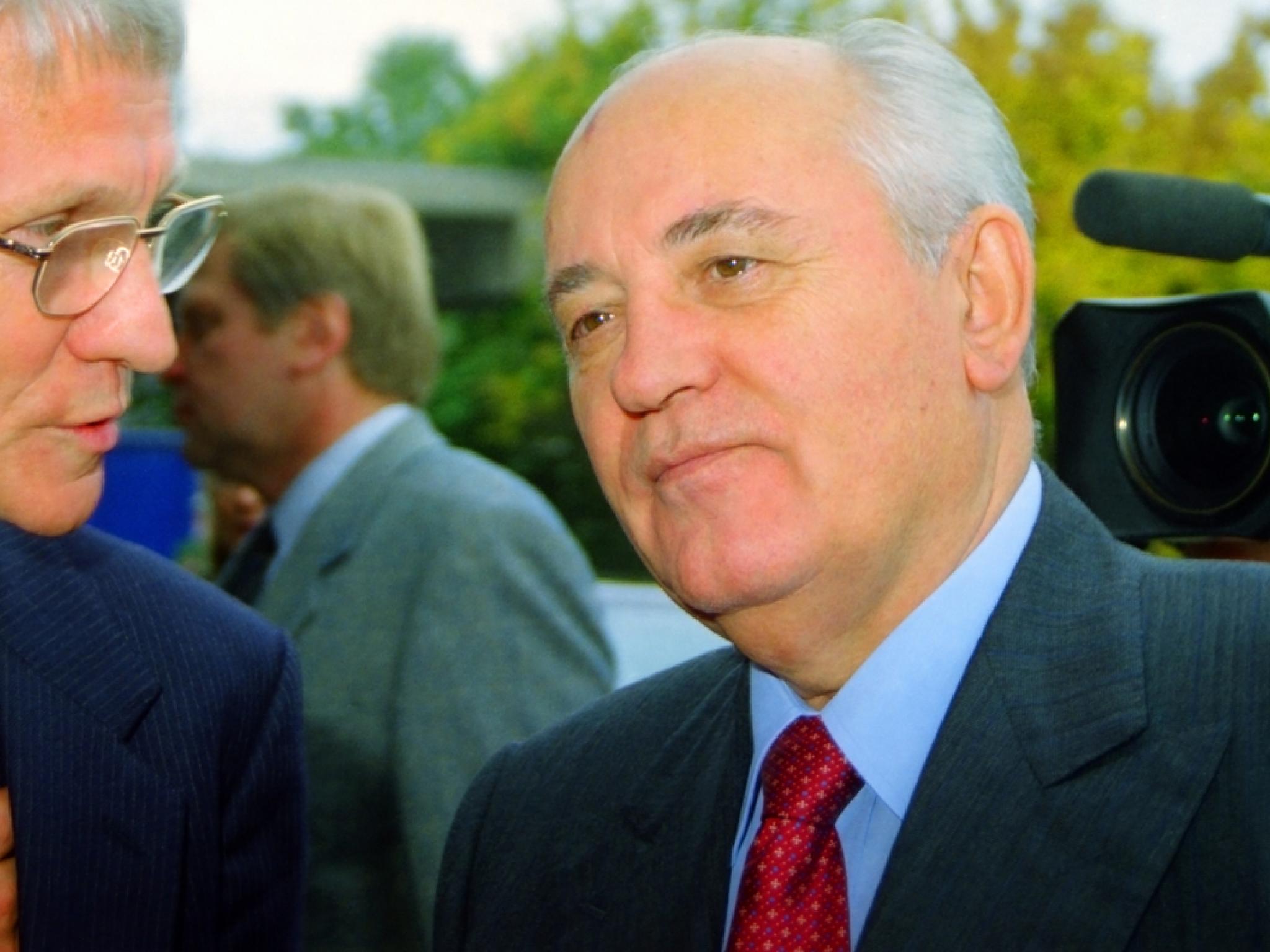
The world leader who closed out the Cold War and brought democracy to the former Soviet Union died Tuesday at the age of 91, according to an Associated Press report citing Moscow's Central Clinical Hospital.
Mikhail Gorbachev leaves behind a now-tenuous bridge between the East and the West along with a personal legacy of freedom and peace.
Gorbachev's Life: The son of Russian peasants joined the nation’s Young Communist League at 15 and spent the next four years driving a combine harvester on a state farm. After law school, he became the first secretary of the regional party committee.
Gorbachev joined the Central Committee of the Communist Party of the Soviet Union (CPSU) in 1971 and the party’s top policy-making body in 1979. By 1985, he won election to CPSU general secretary and held the position for six years. During his term, he won chairmanship of the Supreme Soviet national legislature and soon presidency of the Soviet Union.
Disenchanted with his ruling bloc, Gorbachev deviated from the Communist Party and began leading significant reforms toward the USSR’s democratization and the decentralization of the economy.
Over time, his power began to fade, and conservative Communists placed him under house arrest in Crimea during an unsuccessful coup. Gorbachev broke from the Communist Party altogether and stripped it of control of law enforcement, but by that point, he’d already ceded much of his authority.
He resigned his seat Dec. 25, 1991, on the same day the Commonwealth of Independent States replaced the Soviet Union and Boris Yeltsin assumed leadership.
A later run against Yeltsin earned him less than 1% of the national vote.
Gorbachev's Legacy: Throughout his time in government, Gorbachev ended totalitarian rule, restructured the government with a bicameral parliament, introduced freedom of expression and open government, decentralized the economy, improved foreign relations and withdrew troops from Eastern Europe.
He signed an agreement with U.S. President Ronald Reagan to destroy all stocks of nuclear missiles, ended the occupation of Afghanistan and eliminated the Communist Party’s monopoly of political power.
While lauded in the West with accolades like the Nobel Peace Prize, Gorbachev died a persona non grata in his native land — a man blamed for the nation’s dissolution and concession of world power.
Related Links:
This Day In Market History: The Dissolution Of The Soviet Union
This Day In Market History: Gorbachev Consolidates Soviet Union Power
Photo: Heide Pinkall via Shutterstock.







